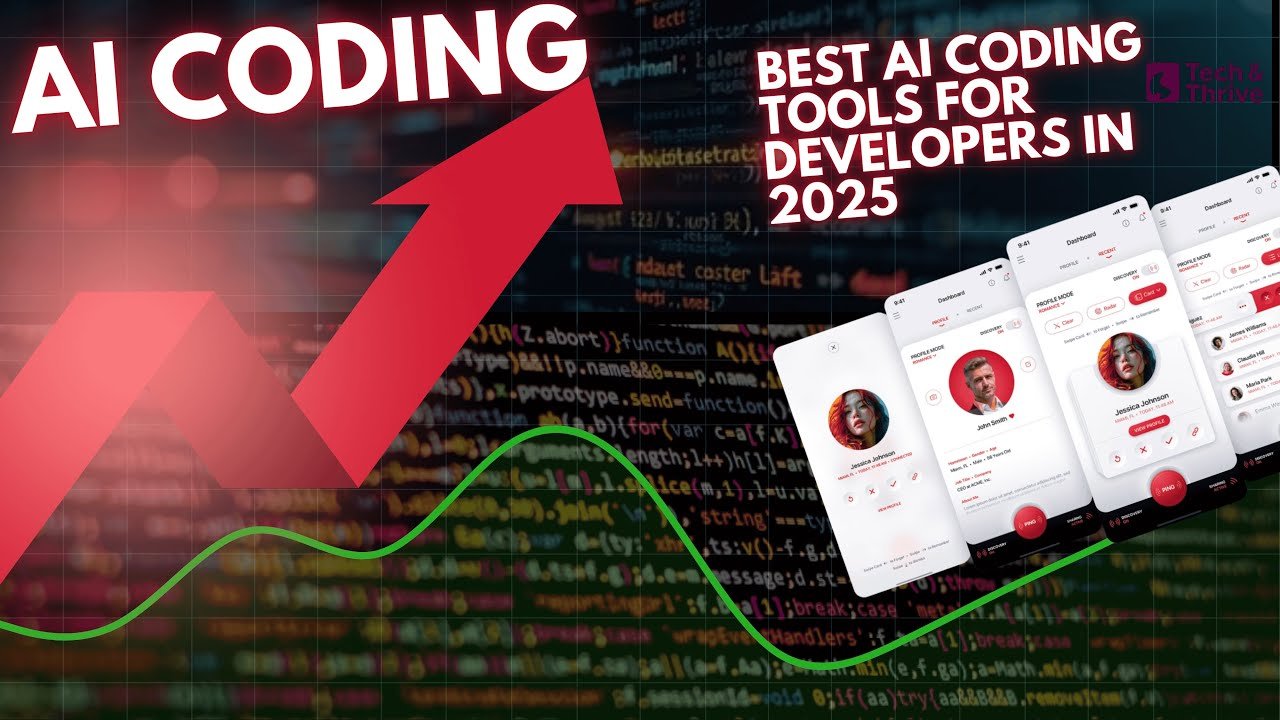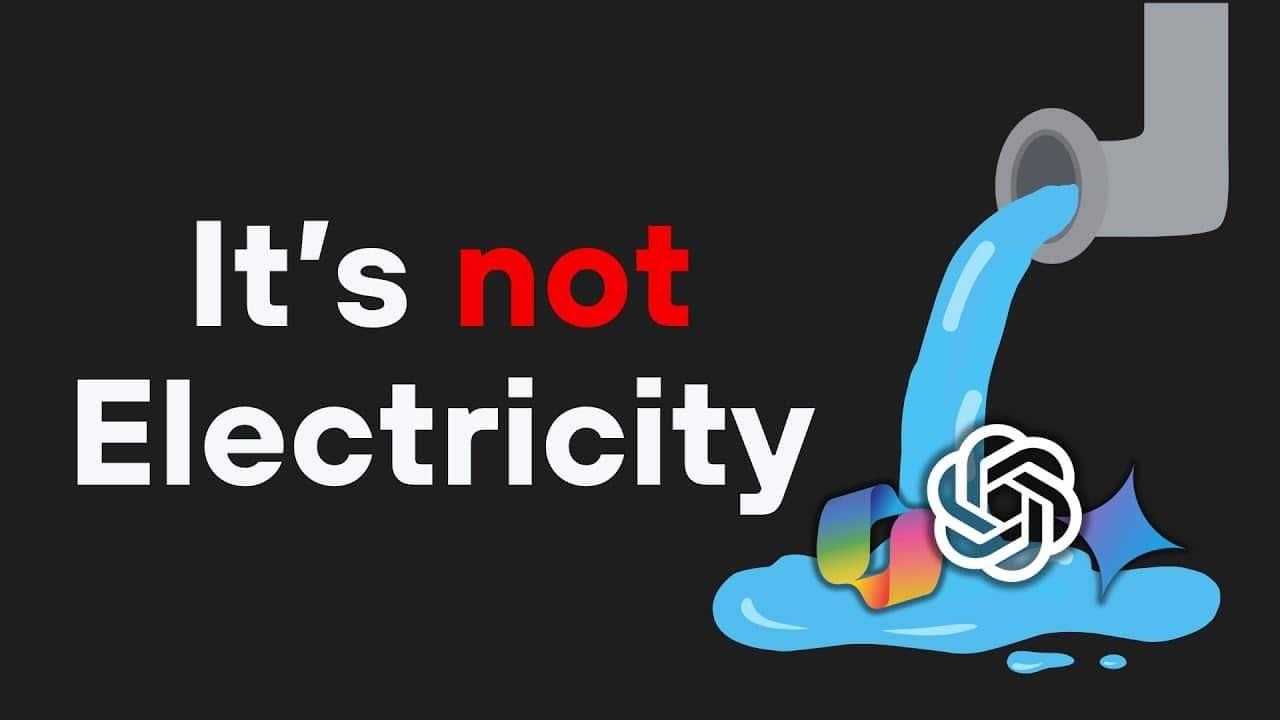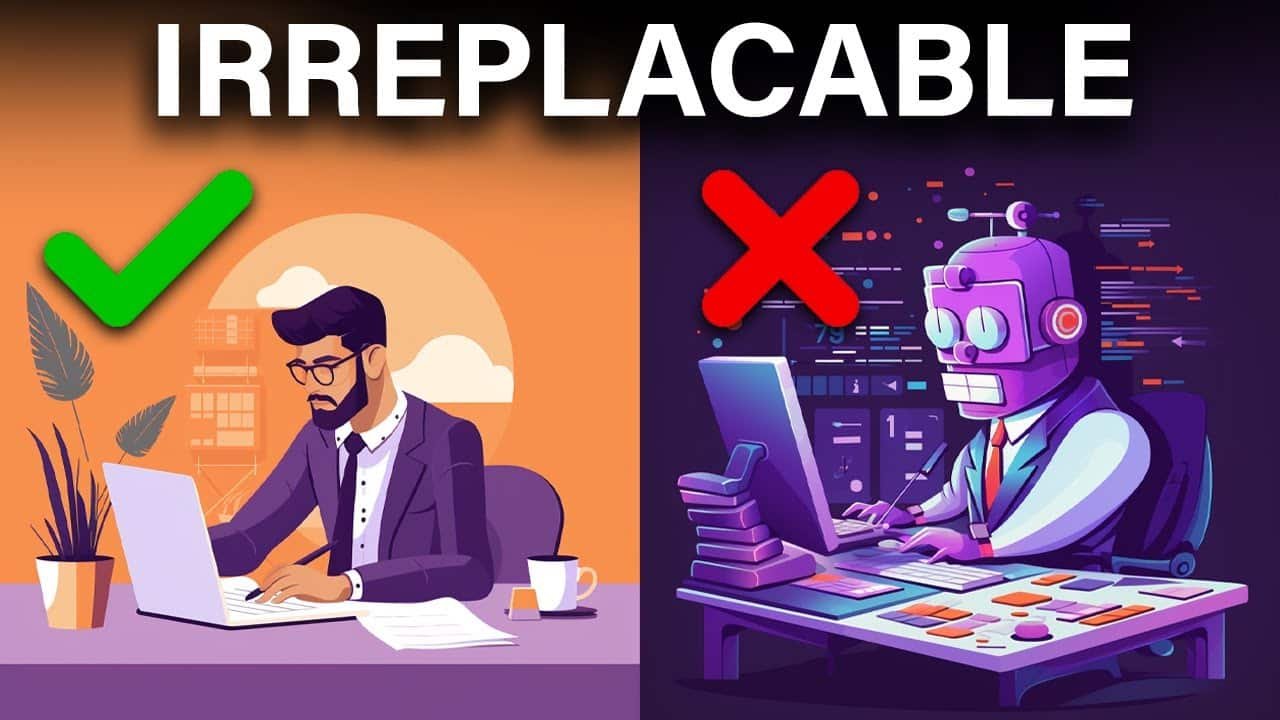7 Eye-Opening Truths About “Do Colleges Check for AI in Application Essays?” in 2025
College admissions have always been a high-stakes game. But in 2025, the rules are evolving faster than ever—thanks to artificial intelligence. If you’re a student, parent, educator, or AI-savvy reader wondering “Do colleges check for AI in application essays?”, you’re not alone.
The short answer? Yes—many do. But the full story is far more nuanced, and it could change the way you (or your students) approach college applications forever.
As an AI expert and tech blogger who has consulted with educators, developers, and startup founders across the U.S., I’ve spent years studying how AI is reshaping education. In this post, I’ll walk you through 7 powerful truths about AI detection in college essays—backed by real-world examples, tools, and what this means for the future of authenticity.
1. The Rise of AI Detection in College Admissions

AI is No Longer a Secret Weapon—It’s Being Watched
Since ChatGPT’s viral explosion in late 2022, students everywhere have turned to AI tools like GPT-4, Claude, and Jasper for brainstorming, grammar checks, and yes—essay generation. But colleges noticed.
By early 2023, admissions teams at top universities started integrating AI-detection tools like GPTZero, Turnitin’s AI detection module, and OpenAI’s own classifier to flag submissions suspected of being written or heavily assisted by AI.
According to a New York Times report (Dec 2023), over 60% of U.S. colleges surveyed admitted they were at least experimenting with AI-detection tools in their admissions process.
Why it matters:
If you’re asking “Do colleges check for AI in application essays?”—the answer is increasingly yes.
Also Read this :
👉 Check out our post on AI-Driven Phishing Attacks to see how hackers are using AI to mimic human communication and bypass traditional security filters.
2. How AI Detection Tools Work (and Their Limits)
The Mechanics Behind Detection
AI-detection tools use models trained to spot patterns that suggest an essay was generated by large language models (LLMs). Here’s what they typically look for:
- Perplexity: A measure of how predictable a sentence is. AI-generated content tends to be more formulaic.
- Burstiness: Human writing often varies in sentence length and style. AI outputs are more uniform.
- Signature phrases: Some tools flag generic openings like “Throughout my life…” or “In today’s world…” as suspect.
But here’s the catch…
AI Detection Is Far From Perfect
Many detection tools produce false positives, labeling genuine writing as AI-generated. In fact, OpenAI quietly shut down its own AI classifier in 2023 due to inaccuracy.
Real Example:
A student from California submitted an essay about growing up bilingual. Turnitin flagged it as 94% AI-written. But the student had crafted it entirely themselves. The college verified their drafts and allowed the application, but the emotional toll was real.
Pro Tip: Always write in your voice and save your early drafts to prove authenticity if questioned.
3. What Colleges Are Actually Saying About AI Essays
Public Stance: “Use with Caution”
Many admissions offices have begun updating their policies:
- University of Michigan states AI tools should only be used for editing support, not content creation.
- Harvard and Stanford caution against relying on AI, encouraging students to “reflect personal experiences authentically.”
- Common App (used by over 1,000 colleges) now includes a disclaimer: applicants are responsible for the originality of their responses.
Admissions Counselor Insight (2024):
“We don’t automatically reject essays flagged by AI detectors. But we do ask follow-ups if something feels off.”
Key Takeaway:
AI isn’t banned—but undisclosed use can hurt you.
4. Real-World Cases: Students Flagged for AI Use
Let’s explore three scenarios where AI in college essays sparked real consequences.
✅ Case 1: The Ethical Editor
A student used ChatGPT to polish grammar and flow. They disclosed it in their optional essay. The result? A glowing acceptance and even praise from the reviewer for integrity.
⚠️ Case 2: The Ghostwriter
Another applicant copied a full essay from a Reddit thread generated by AI. They were flagged by Turnitin and received a rejection without appeal.
❌ Case 3: The False Positive
As mentioned earlier, an entirely human-written essay was flagged. The student provided proof of hand-written drafts and revisions in Google Docs. The college reversed its decision—but only after weeks of stress.
The moral: Honesty wins. Over-reliance on AI tools doesn’t.
5. Tips to Use AI Ethically in Your Essay
If you want to leverage AI while keeping your application authentic, here’s how to do it right:
✅ Do This:
- Use AI for brainstorming: Ask for questions that can spark memories or themes.
- Get grammar feedback: Like Grammarly or ChatGPT for passive voice or wordiness.
- Run readability checks: Improve clarity without changing meaning.
- Cite your AI use if substantial: A sentence like “I used AI tools to check for spelling errors” shows integrity.
❌ Avoid This:
- Copy-pasting entire paragraphs from AI tools
- Submitting anything you don’t fully understand or believe in
- Faking personal experiences just to sound impressive
Remember: Admissions officers read thousands of essays. They can tell when it lacks soul.
6. Should Colleges Even Ban AI in Essays?

This is where things get philosophical—and divisive.
Arguments Against AI Use in Essays:
- Unfair advantage: Students with better tech access could outperform others.
- Authenticity matters: Essays are a window into personal growth.
- AI may reinforce clichés: Generic essays can harm a strong application.
Arguments For Controlled AI Use:
- Level playing field: Non-native speakers or neurodivergent students benefit from AI grammar help.
- Real-world relevance: Knowing how to use AI ethically is a 21st-century skill.
- Time saver: Students already juggle grades, jobs, and family roles.
As one educator put it:
“AI is a tool. Whether it becomes a crutch or a catapult depends on how you use it.”
7. The Future of AI + College Admissions
Here’s what we predict for 2025 and beyond:
1. Transparency Tools Will Improve
Expect more ethical AI-use disclosure options in apps like Common App or Coalition.
2. Hybrid Interviews May Increase
To verify essay authorship, some colleges may require quick video responses or live writing prompts.
3. AI Literacy Will Become Essential
Students will be taught how to use AI tools, not just avoid them. Think: “AI-Enhanced Writing 101.”
4. New Essay Types Will Emerge
Prompts might shift to “Describe something no AI could know about you.” This rewards depth and originality.
Awesome! Here’s a rewritten version of the case studies in your voice, optimized for blog use — fully paraphrased, with proper citations and added commentary. You can copy-paste this directly into your blog post under a new section like:
🧠 Real Case Studies: Do Colleges Actually Catch AI in Essays?

1.As AI tools like ChatGPT become more common, real-world incidents are surfacing where students either faced accusations or consequences related to AI-written essays. Below are some noteworthy cases that shed light on how colleges are dealing with this issue.
🎓 1. The Lehigh University Incident: When AI + Forgery Goes Too Far
In 2024, a student named Aryan Anand was expelled from Lehigh University after it was discovered that he submitted an application essay written with the help of ChatGPT — but that wasn’t the only issue. He also forged documents, including a fake death certificate and falsified tax returns. When the university discovered the deceit, legal charges followed.
👉 Takeaway: While AI-generated essays might raise red flags, it’s the combination of AI use and dishonesty that typically triggers the harshest responses.
🔗 Source: Inside Higher Ed
⚠️ 2. A UCF Student Wrongly Accused: The Flip Side of AI Detection
At the University of Central Florida, student Christian Bradley was mistakenly accused of submitting an AI-written essay. Fortunately, he saved autosaved drafts and screenshots of his writing process. This helped him prove he authored the essay without any AI assistance.
👉 Takeaway: AI-detection tools are not foolproof. False positives can and do happen, making it important for students to save their drafts and version history.
🔗 Source: WFTV News
📚 3. An Experiment at Elon University: What Happens When Students Use ChatGPT on Purpose
At Elon University, a professor gave students permission to use ChatGPT to write essays for an experiment. The goal? To test how well AI performs in academic writing. The results were telling: the AI-generated essays lacked critical thinking, contextual depth, and accurate citations.
👉 Takeaway: Even when allowed, AI often falls short of college-level expectations — making it a poor replacement for genuine student effort.
🔗 Source: Marketplace
🔍 4. UC Davis Student Flagged — But He Wrote It Himself
A student from UC Davis found himself under scrutiny when his original essay was flagged as AI-generated by Turnitin. Even though he wrote it himself, the system mistakenly labeled it as AI-written. He had to go through an academic integrity review to clear his name.
👉 Takeaway: AI detection tools can misfire. If you’re writing your own essay, always save drafts and backups to protect yourself if questioned.
🔗 Source: StealthGPT Blog
✍️ 5. University of Adelaide Student Penalized for AI Use
At the University of Adelaide, a student named Quinn faced serious penalties for using ChatGPT to help write a literature review. While he included citations, the AI had subtly altered key ideas and removed critical in-text references. He received a failing grade and a mark on his academic record.
👉 Takeaway: Even light AI assistance can cause issues if it disrupts citation integrity or changes the original message of your work.
🔗 Source: University of Adelaide Academic Skills
🎯 What These Stories Mean for Students
These real-life examples prove that colleges are starting to check for AI in application essays — but the technology isn’t perfect yet. Sometimes, innocent students are falsely flagged, and sometimes unethical behavior leads to serious consequences.
So, what should students do?
- Use AI tools responsibly, if at all.
- Save drafts and writing history to show your work.
- Understand that plagiarism detection and AI detection are not the same.
- Avoid full AI authorship for anything important — especially college essays.
Final Thoughts: So, Do Colleges Check for AI in Application Essays?
Yes—many colleges do check for AI in application essays, using a blend of software and human judgment.
But here’s the truth: they’re not out to punish AI users. They want to understand who you really are—not how well ChatGPT can mimic you.
If you use AI, do it as a helper, not a ghostwriter. Show your authentic self, write from the heart, and don’t be afraid to admit if a tool helped polish your draft.
Summary Takeaways:
- AI detection in college essays is growing—but it’s not foolproof.
- Transparency and integrity go a long way.
- Use AI ethically: brainstorm, revise, but don’t plagiarize.
- The future favors students who learn to work with AI—not around it.
👇 Your Turn:
Have you or someone you know used AI while applying to college? How did it go? Share your experience in the comments or tag us on X @AIInsiderDaily.










